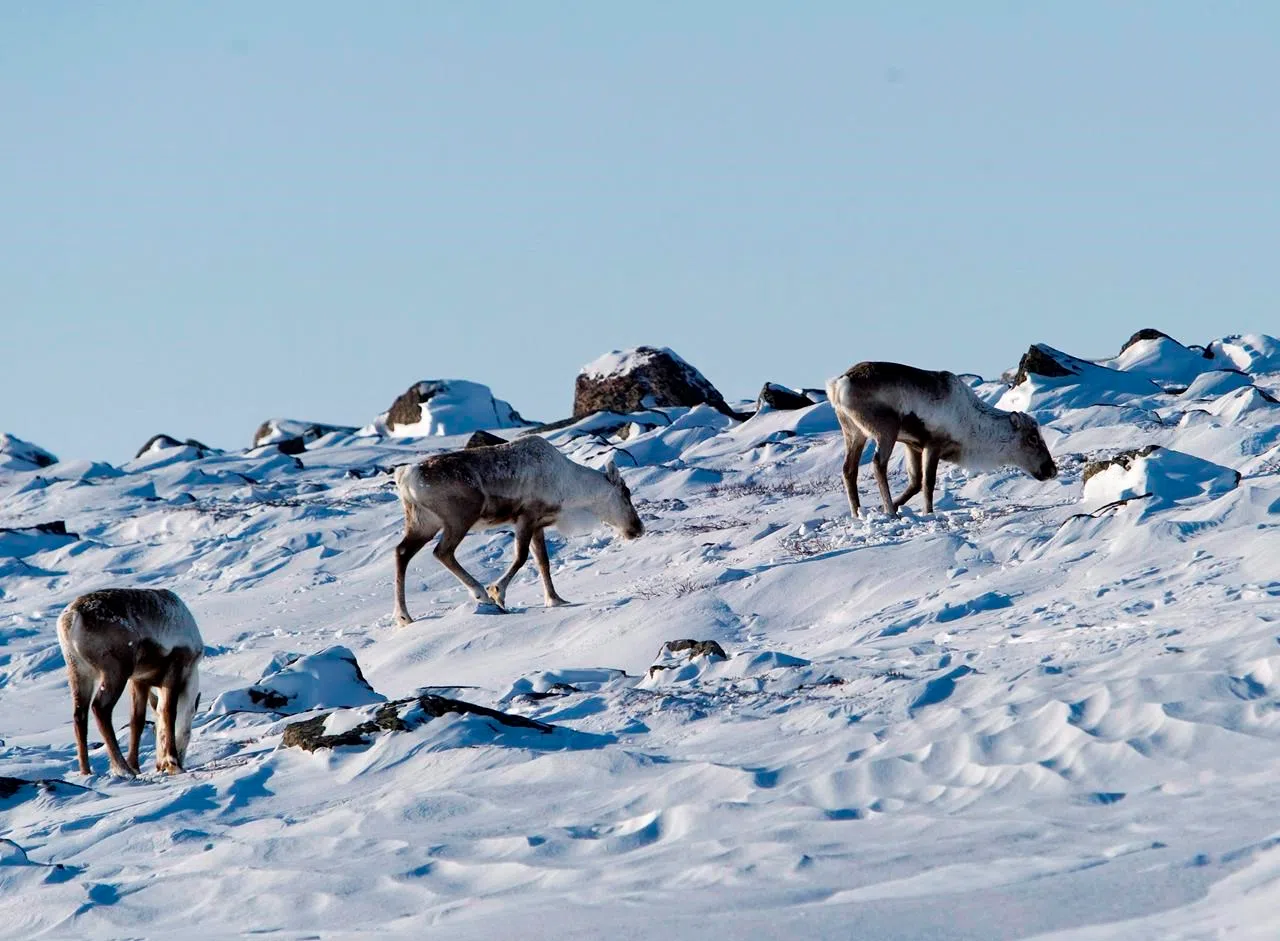
Canada, First Nations express concern over U.S. Arctic drilling plans
The Canadian government, two territories and several First Nations are expressing concerns to the United States over plans to open the calving grounds of a large cross-border caribou herd to energy drilling, despite international agreements to protect it.
“Canada is concerned about the potential transboundary impacts of oil and gas exploration and development planned for the Arctic National Wildlife Refuge Coastal Plain,” says a letter from Environment Canada to the Alaska office of the U.S. Bureau of Land Management.
Yukon and the Northwest Territories have submitted similar concerns as the administration of U.S. President Donald Trump drafts plans to study the environmental impact of selling exploration leases on the ecologically rich plain.
“Much of the wildlife that inhabits the … refuge is shared with Canada,” says the N.W.T.’s letter to the U.S.. “The conservation of these transboundary shared resources is very important to Indigenous groups.”


